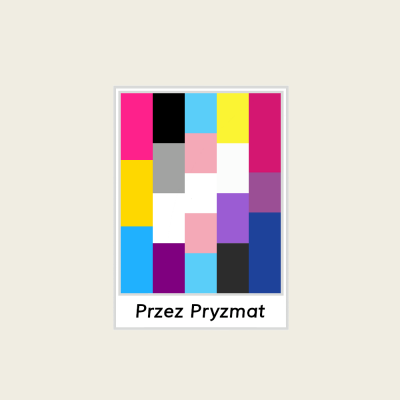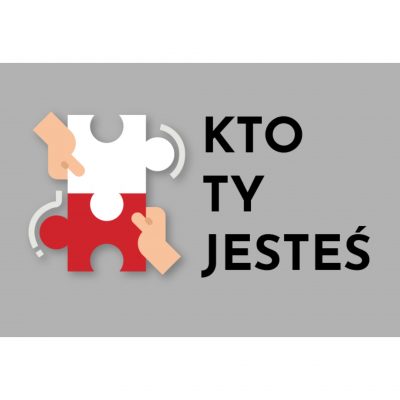Article
The need for Katarzyna Sałata’s Action Project arose from her frustration with a poor representation of women in media – both as voices given airtime as well as decision makers included in the creation process. Sadly the slogan “nothing about us without us” is still relevant when it comes to issues concerning women being discussed on air by male experts. Katarzyna who is a Humanity in Action Fellow of the 2021 Warsaw Fellowship/Academy of Human Rights Action Project believes this to be symptomatic of the current media in that it focuses on events, not processes. That is why she is currently developing an association supporting independent media creators called ALOU which will produce its own media content. Its mission is to create media that will unite people rather than divide them, on a platform facilitating dialogue and non-violent communication. Being a filmmaker herself, as well as an environmental justice and women’s rights activist, Katarzyna wants to bridge three of these elements in her Action Project and by listening to people most affected by climate changes amplify their voices.
Studies have found that 80% of people displaced by climate change are women, facing more adverse effects of natural disasters.
Women are the primary gatherers of water, food, and fuel, as they are usually taking care of farming, caregiving, and cleaning. These duties are more prone to feel the effects of environmental degradation and rising global temperatures as they rely heavily upon water and other natural resources. IPCC points at the risk of the vulnerability of freshwater resources as a result of climate change. The World Economic Forum ranked water crises as number one in its 2015 assessment of global risks, with the potential to cause damaging economic and social impacts across entire countries and sectors. Having all the data in mind, Katarzyna chose for her topic to be “Women and Water”.
The project will investigate the interconnectedness of women’s rights and the climate crisis with the emphasis on water management.
It aims to facilitate connections between appropriate social actors (women’s rights movements globally, scientists, media creators), and document working out solutions for the identified problems. These efforts will result in a small festival in Wrocław, where Katarzyna and her team will present the filmed interviews and create space for participants and viewers to meet – in person and virtually.
The planned activities of the festival will include projections of movies on the topic of women and water with accompanying panel discussions, lectures about the social role of visual culture and feminism in visuality, female gaze workshops for filmmakers, as well as “meet your mentor” space where one can engage with inspiring womxn figures. Other than bringing together leaders of feminist and environemntal movements (e.g. Sisters Rivers Collective), Katarzyna hopes to involve scientists from fields such as environmental studies, biology, gender studies, culture and anthropology.
Katarzyna was partly inspired by the HER Docs Film Festival – another HIA Action Project which showcases documentaries by female filmmakers – with whom she would like to collaborate. Her team consists of 7 people, all of whom are filmmakers, media managers, and activists. They have the infrastructure needed to implement the project (film equipment, space in Wrocław), what they lack and are currently pursuing is steady funding that will allow them to engage fully in the project and to finance it. The festival is scheduled to take place in the summer of 2022.




